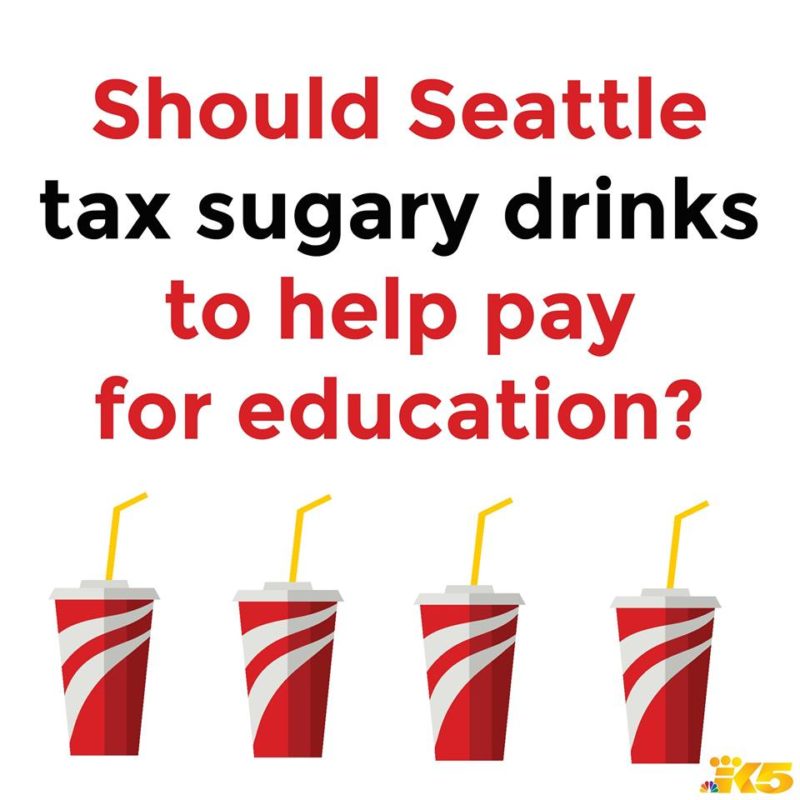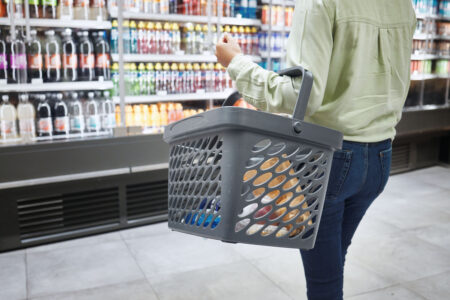
Share On Social!
After other cities like Santa Fe and Wisconsin across the country are looking towards cutting back on obesity and funding health or education programs with a sugary beverage tax, now Seattle’s Mayor is looking towards the benefits a sugary beverage tax could bring to the city.
What does the city think about it?
Just from a picture on local news King 5’s Facebook page, asking if Seattle should tax sugary drinks to help pay for education, there are already 142 shares, 2,016 likes, and 216 “loves”, plus thousands of comments, some agreeing with the tax and some disapproving any more taxes of any kind.
The debate is not uncommon, as many cities across the country are discussing the benefits that a sugary beverage tax could bring to low-income families that often deal with fewer education opportunities and higher chronic disease risks.
However, heated debates are still arising on how the tax would be implemented, who would it help and why raising taxes is even considered when there are already so many taxes in the state.
Dr. Kenneth Margulies a cardiologist in Philadelphia told MyNorthwest.com that the sugary beverage tax was positive for Philadelphia and would be for Seattle as well, realizing that the tax brought in over $5million in funds and doesn’t encourage people to go outside the city just to purchase or consume soda, but increases and supports the health goals of the city too.
Overall, sugary beverages have been linked to higher risks of cavities, heart disease, unhealthy weights and type 2 diabetes, and doctors and health professionals see the importance of reducing consumption of these commonly consumed beverages.
“As a health professional, I just want to see less heart failure, less diabetes, less consequences people are sorry they got,” Margulies said.
The tax proposed by Murray would put a 2 cents per ounce tax on distributors of sugary drinks and is estimated to bring in over $16million a year for the city toward funding early education for low-income communities.
Drinks like in-store prepared coffee, 100% fruit juice and infant formula would be exempted beverages.
Find out more about how sugary drinks consumption can be reduced to help Latino kids by clicking here.
By The Numbers
74
percent
of Latino kids have had a sugary drink by age 2 (vs. 45% of white kids)



